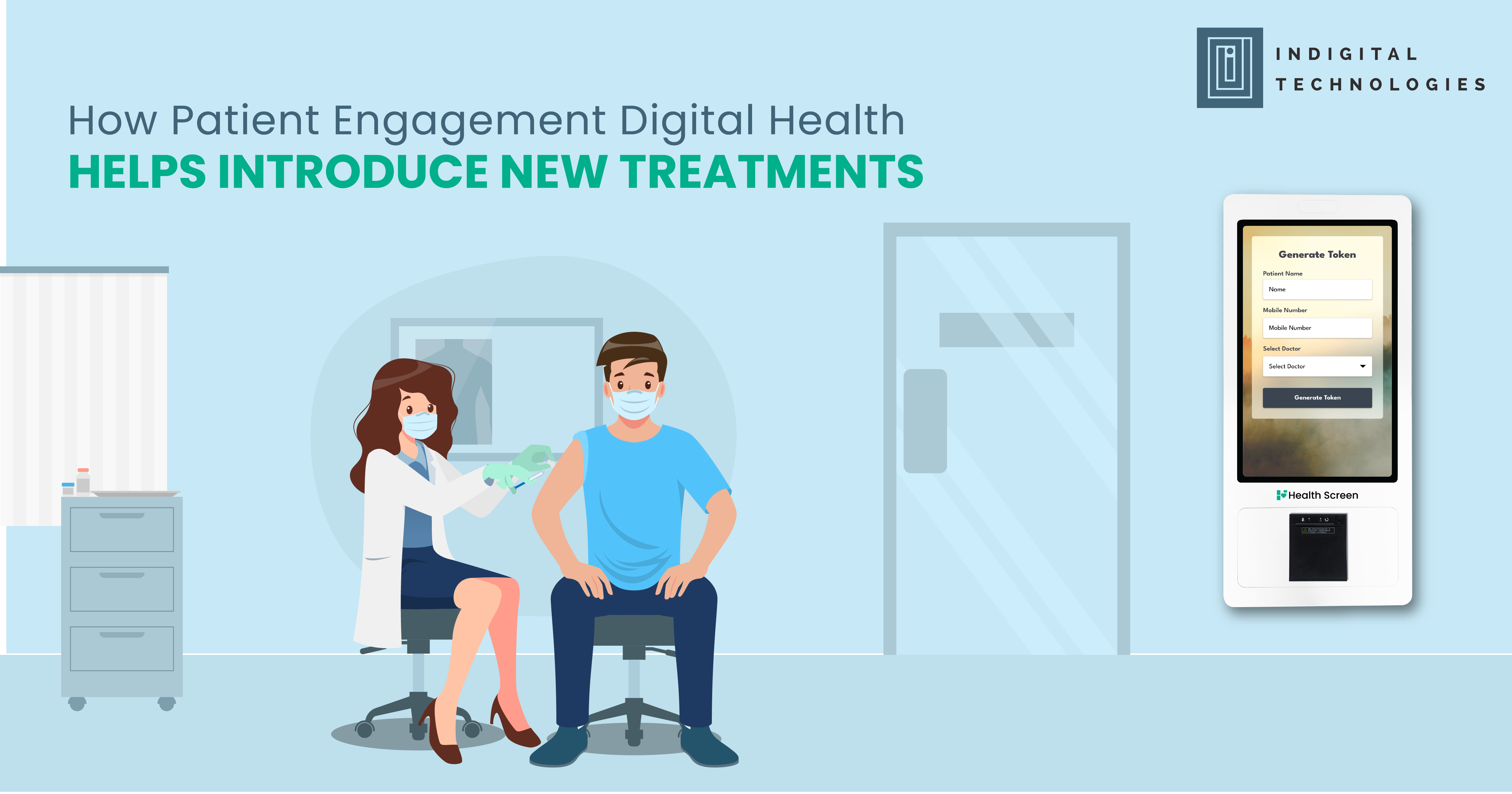As healthcare becomes increasingly digitized, patient engagement software companies are scaling beyond their home markets to serve a global audience. But global expansion isn’t just about geography—it’s about adapting to the complex realities of healthcare systems, patient behavior, and clinical workflows in diverse regions.
Top-performing companies have found success not through one-size-fits-all models, but by tailoring their platforms to meet the specific needs of both patients and providers across borders.
1. Localization Beyond Language
Expanding globally requires more than translating content. Successful companies localize interfaces, patient education material, health guidelines, and even design aesthetics. For example, SYNQOL Health Screen by Indigital Technologies has content tailored for regional Indian languages and cultural nuances. This level of hyper-localization is essential for acceptance and trust, whether expanding across Southeast Asia, the Middle East, or Africa.
By offering regional voiceovers, SYNQOL ensures that patients understand complex health information in a way that’s both familiar and credible—a critical factor in adoption across diverse populations.
2. Plug-and-Play Flexibility for Clinics
One common barrier to global adoption is infrastructure variability. Clinics in rural areas may lack stable internet or advanced hardware. Patient engagement companies succeeding globally build adaptable, low-friction solutions.
SYNQOL’s Wi-Fi-enabled, cloud-powered system can function even in clinics with limited connectivity. Its minimal setup, compatibility with existing clinic operations, and ease of content scheduling make it scalable across both urban hospitals and remote primary care centers.
3. Data Privacy & Regulatory Compliance
Each country has its own regulatory framework—GDPR in Europe, HIPAA in the US, DISHA and NDHM compliance in India. Patient engagement companies expanding globally must embed compliance into their technology stack from the ground up.
SYNQOL’s system architecture prioritizes data privacy. While it provides insightful analytics on content engagement and QR scan rates, it avoids storing or exposing sensitive patient information, making it easier to align with international standards.
4. Strategic Partnerships with Pharma & Hospitals
Rather than entering markets cold, successful patient engagement platforms partner with local pharma companies, hospital chains, and healthcare NGOs. These partnerships help distribute the product, validate its relevance, and drive faster uptake.
In India, for example, pharma-backed implementations of SYNQOL Health Screen have enabled rapid onboarding across specialties—from cardiology to nephrology clinics—while also creating powerful new avenues for brand engagement.
5. Unified Yet Customizable Content Framework
Globally successful platforms strike a balance between consistency and customization. They maintain a standard product framework but allow local partners and doctors to customize the content experience.
SYNQOL achieves this through its content scheduler that doctors can operate via mobile—allowing them to choose what plays on which day, based on their clinic flow and patient profile. This flexible control becomes a major selling point in different practice settings worldwide.
Final Insight
Global expansion in healthcare tech isn’t just about going wide—it’s about going deep. Patient engagement companies must prove they can be local enough to matter and scalable enough to grow.
With its region-ready design, easy implementation, and measurable outcomes, SYNQOL Health Screen by Indigital Technologies sets a strong example of how to go global the right way—one smart clinic at a time.





